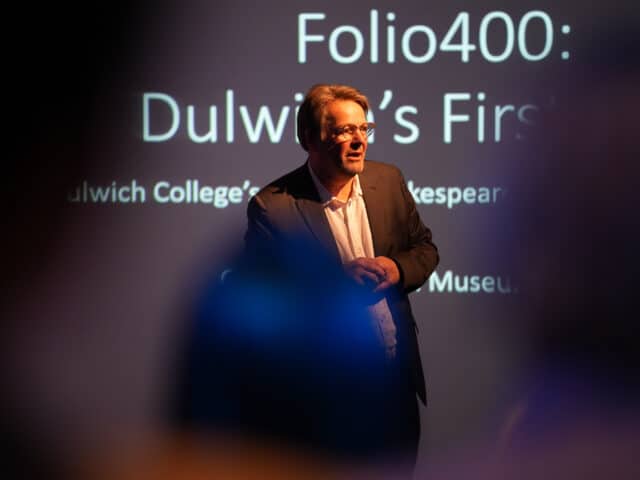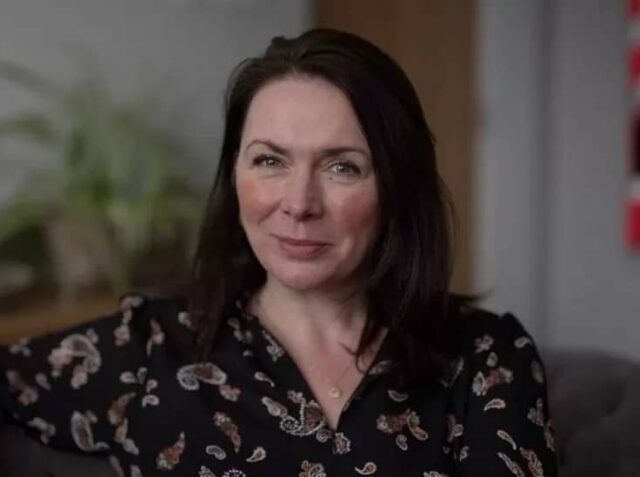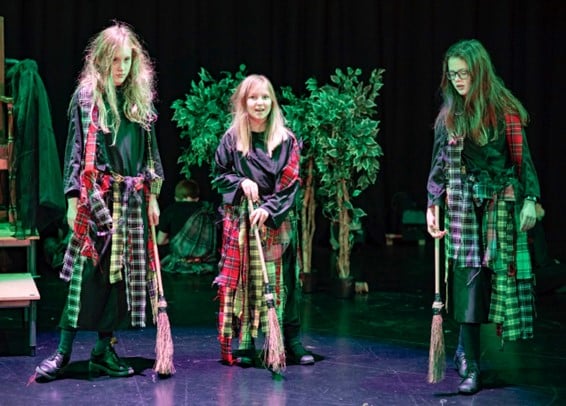Blog
The St Swithun’s Witch Project: finding new ways to decolonise and diversify our literature teaching

Naomi Anson
Head of English, St Swithun’s School
Read the blog
On 28th January 1591 Agnes Sampson, the ‘Wise Wife of Keith’, was burnt at the stake having been found guilty of things “so miraculous and strange” that her identity as a witch seemed indisputable. The fascinating details of her trial and torture, and the secrets of King James’ wedding night that she is alleged to have whispered into his ear during her final confession, have always made a fabulous backdrop for teaching the context of Macbeth to a class of thrilled and horrified year nine students. Somewhere there is also a disquieting connection to be found between the unassailable fortress of bureaucratic judgement that allowed women like Agnes Sampson to go to their deaths degraded and disenfranchised, and ‘Castle Shakespeare’: the seemingly unassailable fortress of British literary education that can, if not treated with skill and care, degrade and disenfranchise our students.
As the playwright Winsome Pinnock explains: “if you don’t feel like you belong to a language then you’re only half alive aren’t you, because you haven’t the words to bring yourself into existence”. For many children, perhaps because of negative inherited experiences or because their own identity or culture makes them feel ‘other’ in the classroom, studying Shakespeare can make them feel exactly this sense of exclusion. Indeed, much of the literature they are taught at school often does not ‘bring them into existence’ but rather reinforces stereotypes of exclusivity and ‘otherness’.
Alongside surely every English department, at St Swithun’s, we are working to decolonise and diversify our literature curriculum so that everyone in our classrooms can feel their own experience or emotion brought into existence by what they are reading. We have bought new texts, added countless voices to our autobiography and poetry teaching, and rewritten our documentation to neutralise heteronormative and gender normative language. It still hasn’t felt like enough. Undaunted, we turn back to Castle Shakespeare; paradoxically, the solution and the problem are rooted in the same material. As Samuel Johnson famously wrote, Shakespeare offers “the real state of sublunary nature which partakes of good and evil, joy and sorrow, mingled with endless variety of proportion and innumerable modes of combination”. Within his writing we can find every example of human frailty and strength and infinite ways to reimagine our world.
This year we have begun “The Witch Project”, flipping our curriculum so that throughout the first two terms of year nine our students are all researching under the title: “Hags and Heroines: how are women presented in literature and culture through time?”. The answer, if it’s not reductive to call it this, will be showcased in an event including drama, artwork, debating and music. Meanwhile, in our lessons, we find ourselves already able to reframe our text choices and, we are reading with a much grander scope. We’ve started Macbeth but in exploring it alongside The Crucible and in the context of a reading project on Chibundu Onuzo’s The Spiderking’s Daughter and Daphne du Maurier’s Rebecca, the literary world we have opened for our students creates more questions than answers which feels exactly as it should be. In undertaking a whole year-group project we are also fostering enriching collaboration where the learning in one classroom is deliberately tangential to that in another. Our aim is that a confluence works when we bring them together to practise their plays and debate their ideas; they will all become greater than the sum of their parts, advocates for diverse opinions and representations.

Part of the reason we are able to work in this way is because the technology in our classrooms enables continual digital collaboration between different rooms and at different times. We also don’t need to be bound by a linear model of teaching and can build our reading and analysing skills onto a conceptualised scaffold of women in literature. So instead of our usual slow reveal book by book across the year, we began in September by announcing all the texts we could possibly study. We encouraged students to read the blurbs, research the authors, hold the texts in their hands and consider their relationship to them. Classes constructed their own plans for the year deciding which texts in which order would offer the best access to their research journey. By doing this we hope to empower them with their own agency and permission to be the people who ask the questions.
King James asserted that it was inevitable that women were more likely to be witches than men because of their ‘frailty’. In the context of our thriving girls’ school, the idea of frailty seems an anathema. Our young people are filled with strength and courage to reframe the world and we have a grave responsibility to teach them the literature that engages with these skills and behaviours.


